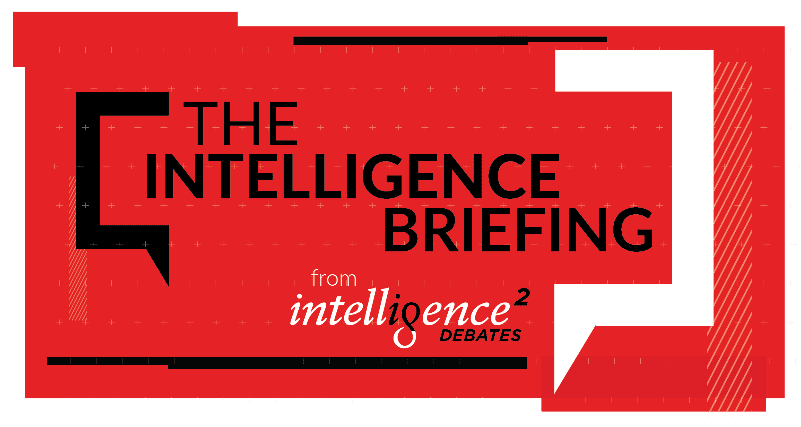Here’s what we have in store:
– That’s Debatable:Debating the debates?
– Intelligraphic: The Impact of Presidential Debates
– Double Digits: 1960
– Points of View: Insights and analysis from past debaters
Sign up hereto find us in your inbox each week and if you like what you read, consider sharing our newsletter with a friend here. You can always reach us at info@opentodebate.org with ideas and feedback.
THAT’S DEBATABLE
Two perspectives on one of the nation’s biggest debates this week.
The Great Presidential Debates… Debate
Sixty years ago, the first televised presidential debate hit the airwaves, changing campaign strategies for decades to come. And as the conventions and campaigns go virtual this year, we may be looking at yet another sea-change in electoral politics. To learn more, John Donvan sat down with a founder of America’s presidential debates, former chairman of the Federal Communications Commission and Presidential Medal of Freedom recipient Newt Minow. Here’s what he had to say:– In 1955, Newt first pitched the idea for presidential debates in a memo to his then-boss, Governor Adlai Stevenson.
For:Let’s Scrap the Presidential Election
Against:Presidential debates demonstrate who has what it takes
INTELLIGRAPHIC

DOUBLE DIGITS
When one number tells two stories.
1960
The year of the first televised presidential debate
TV: The Great Debate: First Nixon and Kennedy Discussion Called a Constructive Innovation: – New York Times, September 27, 1960
Nixon-Kennedy Debate Killed by Courtesy: Bloodhounds in Party Frocks: – The Guardian, September 27, 1960
POINTS OF VIEW
Top insights and news from the intellectual leaders
who have battled it out on the Open to Debate stage.
– Could TikTok start Cold War II? Niall Ferguson argues that China is tapping into the U.S. playbook by exporting its values with the video-sharing app. (Read more via Bloomberg, Nialls’s debate on the financial crash of 2008.)
– On the other hand, Vivek Wadhwa says Microsoft buying TikTok could quell escalating tensions.(Read more via Economic Times, Vivek’s debate on working remotely.)
– Laura Tyson notes that the COVID-19-fueled recession highlights disparities in working conditions and urges policymakers to close the skill gap. (Read more via Project Syndicate, Laura’s debate on big government.)
– The pandemic may have finally created national cohesion for Italy, claims Roger Cohen. (Read more via The New York Times, Roger’s debate on the U.S.-Israel special relationship.)
– Aaron David Miller writes that the UAE-Israel peace deal is part of a continuing trend in Israel and Arab state relations. (Read more via CNN, Aaron’s debate on the middle east.)















